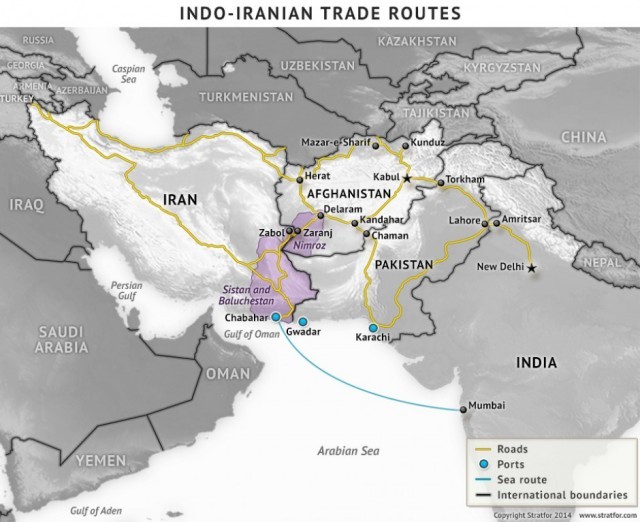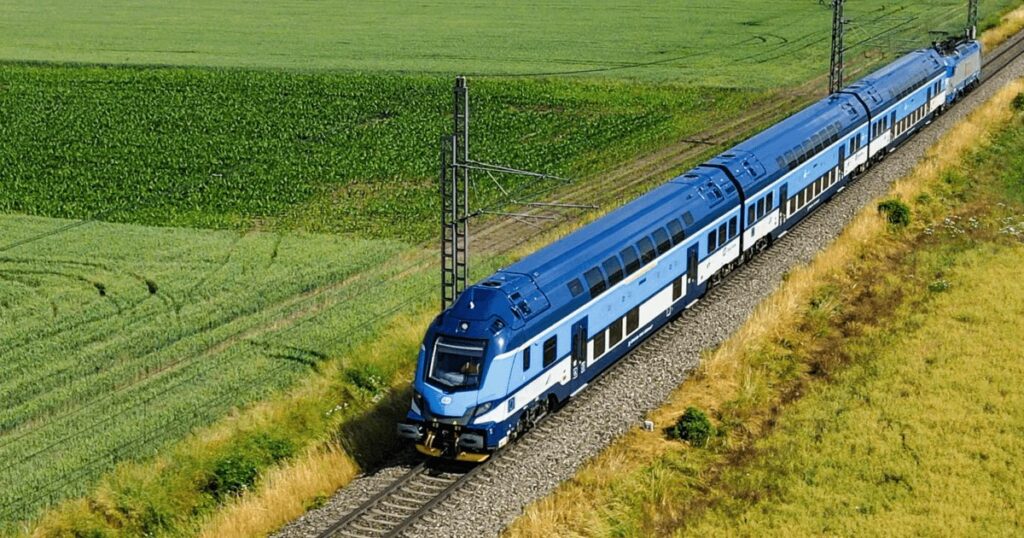TEHRAN (TCA) — Iran and India have agreed to speed up the development of Chabahar port which New Delhi views as a gateway to access Afghanistan and Central Asia, Iran’s PressTV news agency reported.
Indian Foreign Minister Subrahmanyam Jaishankar announced the news on December 23 after meeting Iranian officials in Tehran.
Under US pressure, India has stopped buying oil from Iran, one of its top suppliers, and moved on its long-cherished dream of extending New Delhi’s reach to Afghanistan, Central Asia and beyond via Chabahar.
Chabahar is exempted from the sanctions that the United States began re-imposing last year after withdrawing from a landmark nuclear agreement with Iran.
The rare exemption provided by the US is due to the pivotal role which the port is about to play in bringing landlocked Afghanistan out of isolation. Afghans hope it could boost their war-torn country’s trade and lay the foundations for tapping into billions of dollars worth of mineral reserves.
The port on the Gulf of Oman as well as road and rail links could also reduce Afghanistan’s dependence on foreign aid and check the illicit opium trade that has been a major source of revenue for militants.
For Indians, the project is on course to change the whole economic geography of the region because it gives them direct unobstructed access to Central Asia, Russia and Europe.
Launched in 2016 between Iran, Afghanistan and India, the project has faced repeated holdups, however, almost stalling after the US re-imposed sanctions on the Islamic Republic in May 2018.
Indian Prime Minister Narendra Modi has said his country would spend $500 million to develop Chabahar and related infrastructure to boost growth and spur the unhindered flow of commerce in the region.
India wants to develop two terminals with five berths at the Shahid Beheshti area in Chabahar. It plans to build a 600-meter cargo terminal and a 640-meter container terminal, but only a portion of the two berths have been finished.
Last December, India took over operations at part of the Shahid Beheshti port.
On December 22-23, Indian Foreign Minister Jaishankar met Iranian officials in Tehran and after their talks, he said the two sides had agreed to accelerate the development of Chabahar.
Iran’s President Hassan Rouhani said in a joint news conference with Jaishankar that the project would boost trade in the region.
“Completing the Chabahar-Zahedan railway and connecting it to Iran’s national railway can elevate the position of Chabahar port, revolutionize regional commerce and help transport goods on a cheaper and shorter route,” he said.








